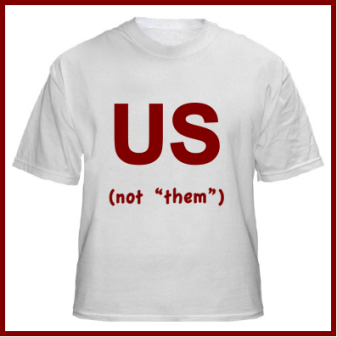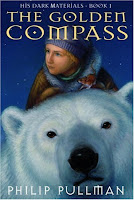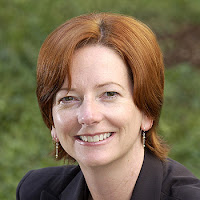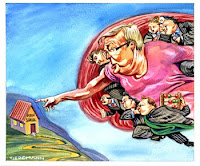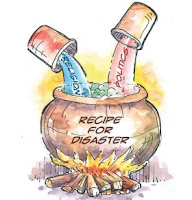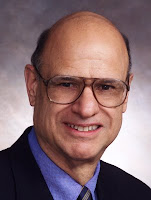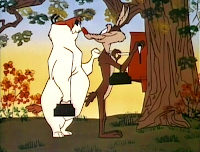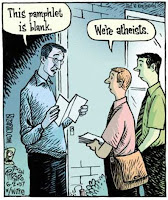 Yes, its ten years on (not since my last blog post, but close...)... Ten years on since the world changed in profound ways as the result of the terror attacks on the Word Trade Centre and the Pentagon in the US. It's hard to remember life before the very bizarre "the war on terror" that followed and remains with us to this day.
Yes, its ten years on (not since my last blog post, but close...)... Ten years on since the world changed in profound ways as the result of the terror attacks on the Word Trade Centre and the Pentagon in the US. It's hard to remember life before the very bizarre "the war on terror" that followed and remains with us to this day.Research has shown that there has been a dramatic rise in the levels of demonisation that Muslim people have experienced across the globe since the 2001 attacks. There seems to be a new xenophobia in town, or at least new expressions of old xenophobia that has been lurking not too far from the surface of our communal life. This developing mindset has coloured our own our nation's views on worthwhile pursuits like multiculturalism and the processing on asylum-seekers.
Personally, I don't know that many people who identify as "Muslim". I could count them on one hand. But when you know someone, it certainly cuts through all the xenophobia that swirls around you... When I was a school chaplain, one of the teachers at my school was a devout Muslim - a lovely, lovely man. One day, I was preparing to do some religious teaching in a class that this teacher was presiding over and he asked me if he could say something before I began. I wasn't too sure if I should let him (him being "Muslim" and all) but it was his class, what was I going to do? Besides, he was such a great guy... So, he spoke to the class for two or three minutes about the importance of God, and that even if God wasn't high on their agenda at the moment, if they listened, maybe later on in their lives their agenda might change and something they heard today might come back to them and be useful. He then handed back to me... but I was at a loss for words... I felt as thought the religion lesson had been well taught - well, it had been to me at least...
Shalom
